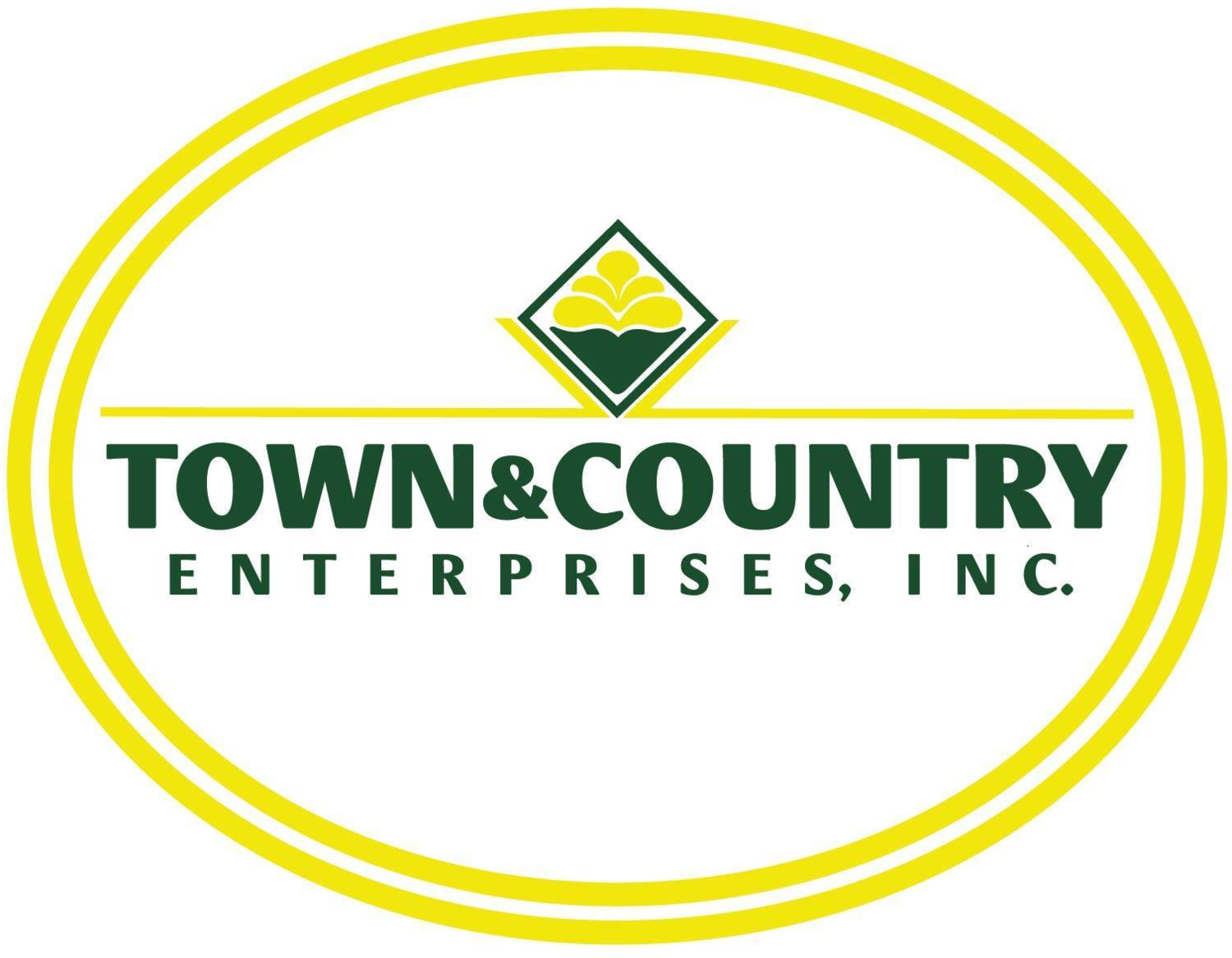Why Lawn Fertilization Is a Must-Do for Lawn Care in Victor and Mendon, NY
Lawn fertilization is a must-do in your lawn care and landscaping plans for Victor and Mendon, NY. Without the right method, type, and application, you could risk losing that lush, beautiful yard or having patches of unhealthy grass that can affect the whole lawn. Fertilizing incorrectly could cause more damage than good. Here are some important things to know about fertilizing your lawn.
Why Fertilization Matters for Your Lawn
Even with the best sunlight and water, lawns can benefit from a boost of nutrients supplied by fertilizer. Grass needs a lot of nutrients to grow, but sometimes the soil your grass is growing in could be lacking in these nutrients. The most notable nutrients in fertilizer are nitrogen, phosphorus, and potassium.
Just like we might take vitamins to strengthen our bodies and immune systems, your lawns—and even trees, shrubs, and flowers—sometimes could use a supplement to compensate for deficiencies in their nutrients.
This helps them grow stronger, more resistant, and healthier—from grass blades to roots.
When to Fertilize Your Lawn
As the ground warms after cold weather, your lawn will likely be ready to receive food and nutrients. Ideally, springtime—when the ground temperature is above 50 degrees—this is when you may want to water the lawn and then wait a couple of days to apply fertilizer.
Look for yellow or bare patches of lawn, too, as this can indicate a need for fertilizer. (Note: yellow or brown patches could also be due to diseases of fungus.) Depending on the type of grass you have and the condition of the soil, fertilizing treatment may need to be repeated more than once.
How to Fertilize Your Lawn
One of the most helpful actions to take before fertilizing is a soil analysis. While it’s not always necessary, a proper soil analysis will aid the choice of the right kind and application of fertilizer to use. Once it’s known what nutrients your soil needs, the fertilizer selection with the nutrient make-up needed can be made.
Lawn fertilizers come with three numbers indicating the levels of nitrogen, phosphate, and potassium on their packaging, respectively. They are formatted like this, for example: 20-5-10. There’s generally the choice between organic, granular, synthetic, and liquid. A good fertilizer option is one that controls insects, pests, and weeds, as well.
If using a granular spreader, there’s the need to overlap each row of fertilizer so no spots are missed. For liquid fertilizers, package instructions are closely followed while sometimes a second application is necessary as liquid fertilizers go directly into the soil.
This is a careful process. Overfertilizing can cause a lot of issues for your lawn, and can lead to the grass growing too quickly and the roots not being able to adequately support the growth.
You May Not Need Fertilizer
If your lawn is not as thick, lush, and healthy as you want it to be, it could be due to other issues such as soil compaction, drainage problems, planting techniques or any other number of problems. Your landscapers can figure out the exact cause and offer the best course of action, to ensure you will have thick, healthy, strong grass blanketing your yard.
About the Author
Home and business owners in Rochester, New York, and surrounding areas have relied on the extensive knowledge and expertise of Town & Country Enterprises for their landscape care and renovations since 1976. What started as a love for landscaping and student summer job evolved into the full-service company that we are today, delivering outdoor living spaces that enhance both your lifestyle and the overall beauty of your home.

